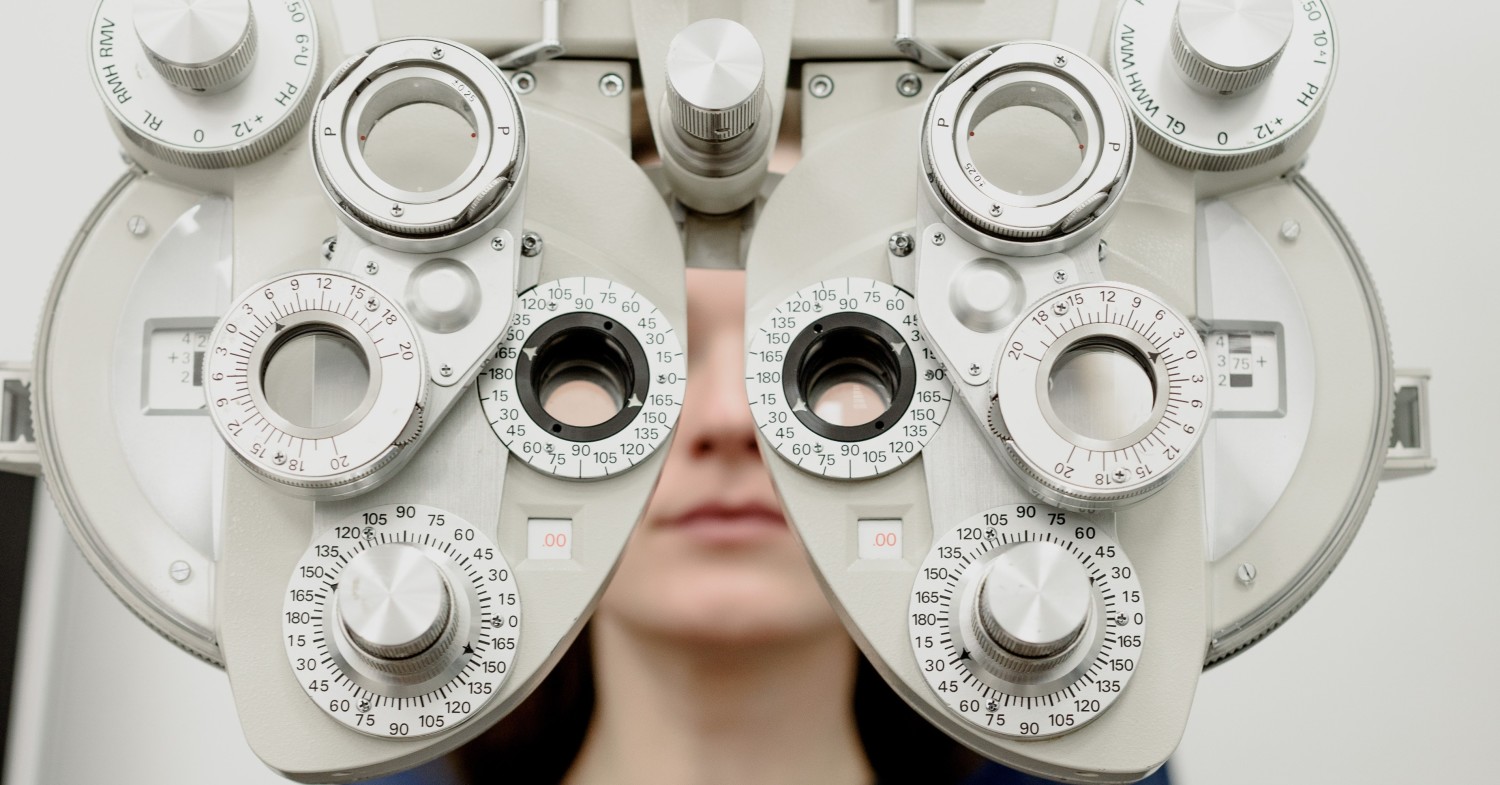
Where Do Epidemiologists Work?
Epidemiologists work in many settings, including hospitals, universities, and federal, [...]

Anyone with a nurturing spirit and a passion for helping others may want to consider a career in occupational therapy (OT). Occupational therapists play a vital role in the healthcare system; they help people with injuries, medical conditions, and disabilities recover and function to the best of their abilities. It’s a challenging yet rewarding occupation with many specialties to choose from, including brain injury treatment, diabetes education, geriatrics, mental health, pediatrics, and stroke rehabilitation.
If you’re mulling an OT career, here’s some encouraging news: demand for occupational therapists is on the rise. The US Bureau of Labor Statistics (BLS) counted 133,000 occupational therapy jobs nationwide in 2020, with job growth projected at 17 percent by 2030.
And it’s remunerative; OTs earned an average median annual salary of $86,280 in 2020 (with the top ten percent earning more than $122,670). Potential employers include:
So, what are the prerequisites for an occupational therapy master’s program? This article addresses this question and also discusses:
Several graduate programs lead to occupational therapy careers. You can earn a Master of Science in Occupational Therapy (MSOT) or Master of Occupational Therapy (MOT) (some opt for a Doctor in Occupational Therapy, including those who already have their OT master’s and others who want to pursue a career in academic research). It should go without saying, then, that you need a baccalaureate degree to become an OT.
If your undergraduate degree isn’t in the health sciences (biology, kinesiology, psychology, or sociology), you’ll be required to take prerequisite courses in biology, human anatomy and human physiology, human development, developmental psychology, abnormal psychology, sociology, and statistics before starting your graduate-level OT coursework.
Some/ occupational therapy master’s programs require GRE scores among their admissions requirements. Others make standardized testing optional, and a few won’t consider standardized test scores. Check the admissions requirements for all your prospective programs.
Most occupational therapy programs require applicants to have completed 40–50 hours of observation time under the supervision of a qualified occupational therapist before they apply to an OT program.
Both the applicant and the OT program benefit from this requirement. The OT observation hours help potential OT students determine whether an occupational therapy career is a good fit for them (and is a way of showing demonstrated interest in the field). It also provides the admissions committee additional valuable information on which to assess your application.
Although the admissions process for OT programs differ for each school, admissions criteria typically include:
Please note that the Occupational Therapist Centralized Application Service (OTCAS) allows prospective occupational therapy students to create one OTCAS application which they can submit to multiple programs.
The Accreditation Council for Occupational Therapy Education (ACOTE) requires practicing occupational therapist to hold a master’s degree. Other OT roles—such as occupational therapy assistants and aides— don’t require graduate-level education, but you’ll need that master’s to obtain state licensure and gain entry-level OT employment.
OTs must be licensed in all 50 states. As well, all OTs need to pass the National Board for Certification in Occupational Therapy (NBCOT) exam. To qualify for the NBCOT, candidates must have completed all fieldwork and obtained an occupational therapy degree from an accredited institution.
A master’s degree in occupational therapy takes two to three years to complete, depending on the school and program.
Occupational therapy master’s degree programs focus on teaching the skills and training needed for OTs to practice and succeed. Students learn how to assess clients’ functional needs and develop and implement treatment plans to help them become more self-sufficient. Below are examples of occupational therapy master’s coursework from the University of Pittsburgh:
OT students must also complete two levels of fieldwork. The first level is a practicum in which students observe licensed OTs working in various settings and only participate in some parts of the therapy process (and then only under direct supervision). All programs at accredited institutions build a minimum of 24 weeks of full-time level II fieldwork, which is hands-on and more like an internship. Students provide occupational therapy services in various clinical settings under the supervision of a licensed occupational therapist.
Occupational therapists typically specialize after earning their master’s degree and working in the field. They accomplish this by earning a certificate from the American Occupational Therapy Association (AOTA) or other certificate-granting body. Common OT certificates include:
The American Occupational Therapy Association’s Accreditation Council for Occupational Therapy Education (ACOTE) has approved 220 master’s in occupational therapy programs in the United States. Students must have completed an ACOTE-accredited Occupational Therapy program to sit for the NBCOT exam.
According to US News & World Report, well-regarded occupational therapy programs in the US include:
Questions or feedback? Email editor@noodle.com

Epidemiologists work in many settings, including hospitals, universities, and federal, [...]

Neuro-optometrists use neurology and optometry to understand vision and its [...]

Only 23 schools in the US offer a Doctor of [...]

Earning a Doctor of Optometry typically takes four years, although [...]

In addition to having a master's degree, occupational therapists must [...]
Categorized as: Occupational & Behavioral Therapy, Nursing & Healthcare